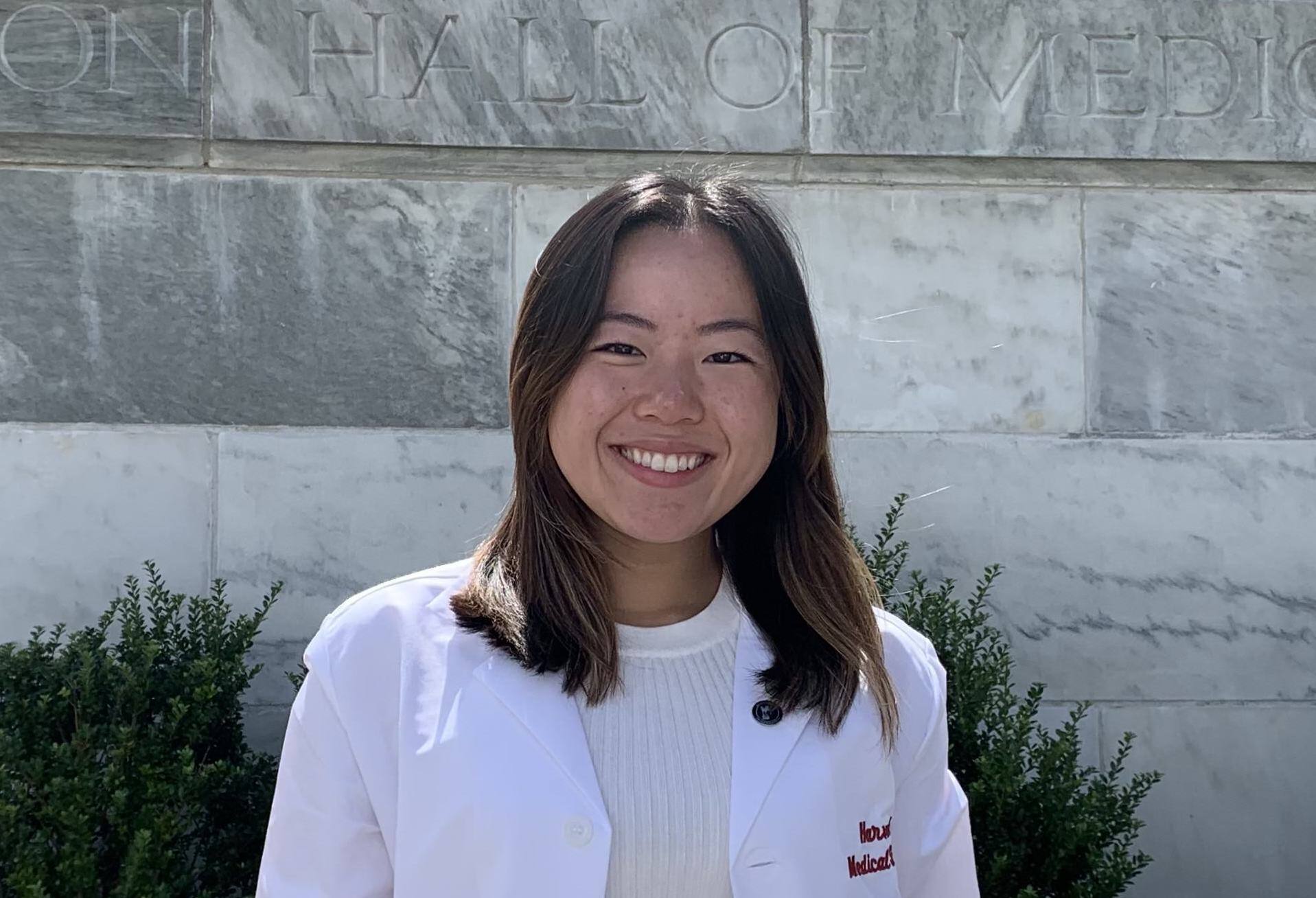Building a successful resume for medical school requires more than just academic prowess; admissions committees are also looking for candidates who demonstrate the leadership and interpersonal skills essential for navigating the complexities of healthcare. For prospective medical students, this aspect of the application may feel particularly daunting given its ambiguity – without an objective measure like a standardized test score, leadership looks different for everyone. That’s why I’m attempting to make this abstract concept more concrete by offering three key strategies for cultivating leadership as a medical school applicant. Following these three principles will not only strengthen your candidacy for medical school, but they will also lay the foundation for a rewarding and impactful career in medicine.
(1) Be a good problem-seeker, not just a problem-solver.
Consider pioneering figures like Marie Curie and Steve Jobs. What do the most successful inventors, scientists, and entrepreneurs have in common? They not only solved existing problems, but they also identified untapped opportunities within their fields. While problem-solving skills are paramount in medicine, it's equally important to develop the ability to identify the most pressing problems to solve. Asking the right questions is often more important than having the right answers. As a medical school applicant, take time to reflect on the challenges you've observed in healthcare. Whether it's gaps in patient care, disparities in access to medical services, or shortcomings in medical education, these represent opportunities for innovation and improvement. Also, consider your own strengths. Which problems are you uniquely equipped to address? What knowledge or insight do you have access to that perhaps few others do? By leveraging your unique skills and experiences, you can position yourself as a proactive problem-seeker, driving positive change in medicine.
(2) Adopt a collaboration rather than competition mindset.
In the competitive landscape of medical school admissions and beyond, it's tempting to adopt a mindset of rivalry. Yet the reality of healthcare demands collaboration and teamwork. From multidisciplinary patient care teams to collaborative research initiatives, the most impactful advancements in medicine are often the result of collective efforts. As a medical school applicant, you must embrace a spirit of collaboration over competition. Celebrate the successes of your peers, seek opportunities to work together, and recognize the value of diverse perspectives. By fostering a culture of collaboration early in your medical journey, you'll not only enhance your own learning and growth, but also contribute to a more supportive and inclusive healthcare community. You’d be amazed to discover what can be accomplished as a team that could otherwise never be done alone.
(3) Stand on the shoulders of giants.
Navigating the nuances of the journey towards medicine can be overwhelming at times - having the support of experienced mentors can make all the difference. Seek out mentors whose expertise and values align with your aspirations. Look for individuals who are not only accomplished professionals but also generous with their time and wisdom. Cultivate authentic relationships with your mentors built on trust, respect, and open communication. Whether you're grappling with medical school applications or charting your career path in medicine, a trusted mentor can offer invaluable guidance. Invest in these mentor-mentee relationships early on, as they have the potential to shape your personal and professional development for years to come. It can be difficult to be expected to lead others when you’re still finding your own footing. Remember that whenever you’re feeling lost, you can always look to those who have gone before you to show you the way.

Comments